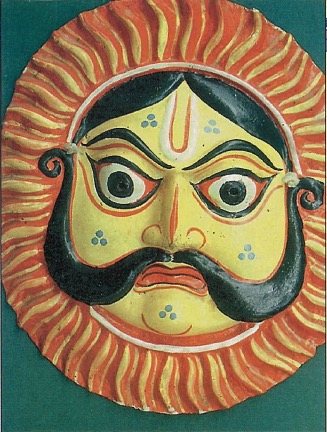Plato wrote: “the sun, moon and five other planets were created by God in order to distinguish and preserve the numbers of time.” It’s not well known that our seven-day week has an astrological basis, passed down to us by the Romans, who adopted it from the Egyptians who got it from Mesopotamia, where astrology had been practiced for millennia. Just who originated it is not known, but the ancient Indians used the identical system.
The original weekdays were named after the Sun, Moon and five planets because of a precise astrological system (used in both Rome and India) in which each of the seven heavenly bodies governs an hour through the day. The planet that rules the first hour after sunrise governs that day. Each planet cycles around to ruling sunrise on the same day each week. The current English weekdays are derived from the Anglo-Saxon names for: Satern (Saturn), Sunnan (Sun), Monan (Moon), Tiwes (Mars), Wodnes (Mercury), Thurs (Jupiter) and Frige (Venus).
The vibration of the day is established by the nature of the particular planet which rules at sunrise. Therefore, each day is good for certain activities and inauspicious for others. The planetary effect of the weekday is quite subtle and can be outweighed by other astrological factors. For important events, custom in Hindu communities dictates consulting an astrologer to analyze planetary influences when choosing an auspicious day.
In general, astrologers consider Monday, Wednesday, Thursday and Friday benefic days, good for most activities. Tuesday and Saturday, ruled by the two malefic planets, Mars and Saturn, are usually not good days for auspicious events like marriage, housewarming or buying a new car. The day of Venus, Friday, is ideal for weddings, parties, the fine arts and buying new things. In South India it is the most popular day to visit the temple, primarily because of the association of Venus with Laksmi, the Goddess of good fortune. Saturday is good for planning, organizing and physical work around the house. Both Saturn’s day and Sunnan’s are good for introspection and meditation, though Sunday is better for religious ceremonies.
Monday, ruled by the Moon’s moody, emotional and changeful vibration, is not a favorite day of the week for many “breadwinners,” but in North India it is the chosen holy day. For Mahatma Gandhi it was his day of silence. Memorial Day in the US, when the soldiers killed in war are remembered, is always on the day of the Moon, ruler of the past. Mars’ day is good for aggressive activities. Election day in the US for selecting the president is always held on a Tuesday. He becomes the commander of the armed forces, an attribute of Mars. The day of Mercury, Wednesday, is perfect for intellectual endeavors and beginning new business activities. Thursday, presided over by Guru, or Jupiter, the most benefic planet, promoting optimism and abundance, is very auspicious for just about everything, especially financial matters, new investments and gaining higher knowledge. America always celebrates the feast of Thanksgiving on a Thursday, which is a perfect example of the jovial, expansive, even gluttonous, atmosphere of Jupiter’s day. So we find even in the selection of secular holidays there is a subtle link between the planets and everyday life.
